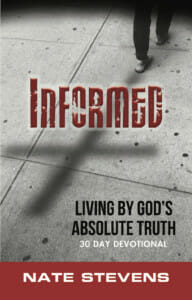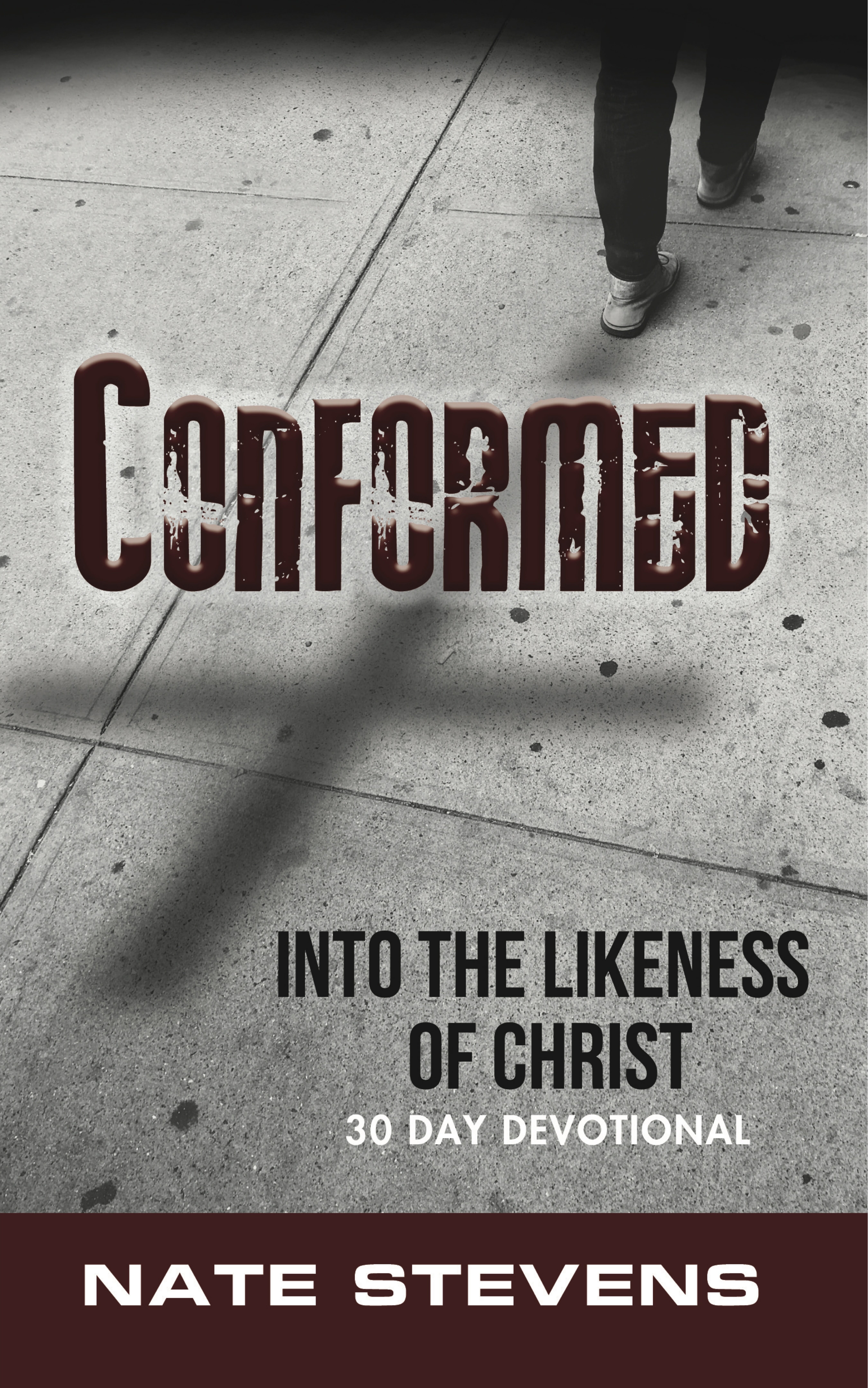Elias was a man subject to like passions as we are, and he prayed earnestly that it might not rain: and it rained not on the earth by the space of three years and six months. (James 5:17, KJV)
What is your passion?
Some examples that readily come to mind include work, power, cars, speed, prestige, music, sports, another person, family, grandkids, looks, politics, and success. Motivational behavior is as unique and complex as each individual person. Some people may even deny they have a passion—yet their desire for the consistency and reliability of the status quo can also be a passion.
Passion Defined
The Merriam-Webster dictionary defines passion as “the state or capacity of being acted on by external agents or forces; intense, driving, or overmastering feeling or conviction; ardent affection, a strong liking or desire for or devotion to some activity, object, or concept; an object of desire or deep interest; and sexual desire.”[i] There are crimes of passion. People can be ruled by their passions. Rage. Faith. Lust. Love Greed. Protection.
Passion can also describe intense suffering, as in the Passion of Christ. “He [Jesus] also presented Himself alive after His suffering [passion] by many infallible proofs, being seen by them during forty days and speaking of the things pertaining to the kingdom of God” (Acts 1:3).
The Bible translates “passion” with the Greek word homoiopathes. It means “similarly affected.” There are two uses of it in Scripture. One is our key verse that describes Elijah as an ordinary human being with a normal nature like the rest of us, yet with incredible prayer power. The other usage of homoiopathes is in Acts 14:15. There it involves Paul and Barnabas at Lystra. After healing a lifelong cripple, the crowd began worshiping them as gods come down to earth. Paul set them straight by exclaiming, “Why are you doing these things? We also are men with the same nature [passion] as you, and preach to you that you should turn from these useless things to the living God.”
Is Your Passion Justifiable?
Obviously, the answer is “No” for such passions as greed, anger, impatience, time wasters, resource wasters, and improper priorities. On the other hand, we should encourage such passions that are constructive, beneficial to others, and enriching. But how can we identify the justification for our passions and who sets the appropriate standard?
Jesus identifies the source and priorities of our passions. “Where your treasure is, there your heart will be also” (Matthew 6:21). We invest our time and resources into our personal priorities. Face it, we prioritize what is important to us.
I heard a pastor once say we can determine our priorities by looking at the activity in our checkbooks and charge cards. That reveals our financial priorities. But what about our time? Time is a precious, though diminishing, commodity. We cannot add more time to our lives. Yet how do we invest the time we have? A glance at our overbooked calendars probably reveals our time passions.
Do You Have a Passion for God and His Things?
Most people would immediately respond with, “Yes, I do have a passion for God and His things.” However, based on the previous verse that reveals the tie in between our hearts and our treasures, a better question might be, “What evidence proves your passion for God and His things?” Does He supersede all other passions and priorities? Or are the “cares of this world” (Matthew 13:22) crowding Him out of our time, energy, and commitment?
Jesus gave us additional eternally wise counsel as how to pattern our passions. “Seek first the kingdom of God and His righteousness, and all these things shall be added to you” (Matthew 6:33). He also said, “Love the Lord your God with all your heart, with all your soul, with all your mind, and with all your strength” (Mark 12:30). Spirit. Mind. Soul. Body.
The apostle Paul confirmed that genuine Christ-followers “have crucified the flesh with its passions and desires” (Galatians 5:24). Then the apostle John drove the final nail in the coffin of misguided passions. “Do not love the world or the things in the world. If anyone loves the world, the love of the Father is not in him” (1 John 2:15, italics added for emphasis).
Is Your Passion Glorifying to God?
I can already hear some people saying, “C’mon, Nate, we can’t think about God all the time. We shouldn’t be so heavenly-minded that we’re no earthly good. We live in the physical realm and should enjoy what God gives us. Don’t you know God “gives us richly all things to enjoy” (1 Timothy 6:17)?” Sure, I’ve read that verse. But the beginning part of it explains the rationale behind the last part. “Command those who are rich in this present age not to be haughty, nor to trust in uncertain riches but in the living God.”
Several other verses explain that everything we do here on earth should be for God’s glory, not necessarily for our own passion or enjoyment. “Whether you eat or drink, or whatever you do, do all to the glory of God” (1 Corinthians 10:31). “Whatever you do, do it heartily [enthusiastically, passionately], as to the Lord and not to men” (Colossians 3:23).
In addition to those verses is the apostle Peter’s ominous warning. “The day of the Lord will come as a thief in the night, in which the heavens will pass away with a great noise, and … the earth and the works that are in it will be burned up. Therefore, since all these things will be dissolved, what manner of persons ought you to be in holy conduct and godliness,” (2 Peter 3:10-11). Notice the futility and complete destruction of “the works” and “the things” pertaining to this world.
Is Your Passion Eternally Significant?
We only have one life to live here on earth (Hebrews 9:27). And we are accountable to God for what He has given us here—life, time, talents, spiritual gifts, resources, opportunities, His Son, His Word, and His Holy Spirit. Genuine Christ-followers will stand before Him at the Judgment Seat of Christ for a type of performance review (2 Corinthians 5:10). Paul explains the process, choice, and outcome of that personal assessment.
“If anyone builds on this foundation [Jesus Christ] with gold, silver, precious stones, wood, hay, straw, each one’s work will become clear … it will be revealed by fire; and the fire will test each one’s work, of what sort it is. If anyone’s work, which he has built on it endures, he will receive a reward. [But] if anyone’s work is burned, he will suffer loss; but he himself will be saved, yet so as through fire.” (1 Corinthians 3:12-15).
The test for our passions will be God’s refining fire. Gold, silver, and precious stones all survive that fire. Wood, hay, and straw all go up in smoke. Rewards or rebukes—the choice and eternal consequence are ours.
Those who have never genuinely accepted Jesus Christ as personal Lord and Savior [reborn spiritually] (John 3:3, 7) will stand before the frightening Great White Throne (Revelation 20:11-15). There, they will hear the most awful sentence ever pronounced. “I never knew you; depart from Me (Luke 7:23) … into the everlasting fire prepared for the devil and his angels” (Matthew 25:41).
Thoughts to Consider
So, how should all this affect our passions in this life, here and now? Do we shrug and carry on with what we deem is important? Or should we consider the urgent preciousness of what God has given us and wisely invest it in things of eternal significance?
[i] https://www.merriam-webster.com/dictionary/passion, accessed March 28, 2025.
Purchase Nate’s book, Called to Christlikeness, not Christianity here.
This is an updated edition of a post originally published on Nate Stevens.
Featured Image by
SURRENDERED
YIELDING TO GOD’S PERFECT WILL
by NATE STEVENS
NEW RELEASE – NOW AVAILABLE!
CHRIST IN ME 30-DAY DEVOTIONAL SERIES
By NATE STEVENS
CLICK ON EACH BOOK TO LEARN MORE, DOWNLOAD A SAMPLE, OR BUY.















Comments are closed.